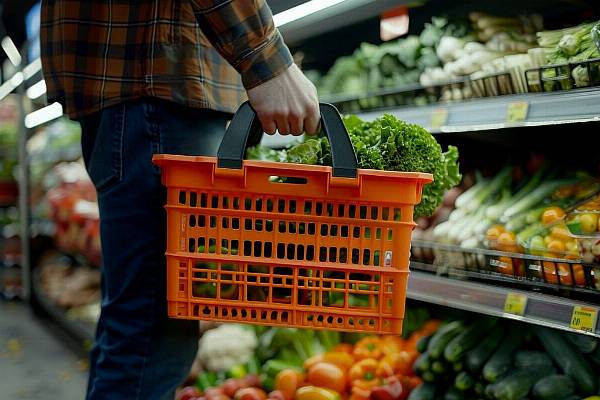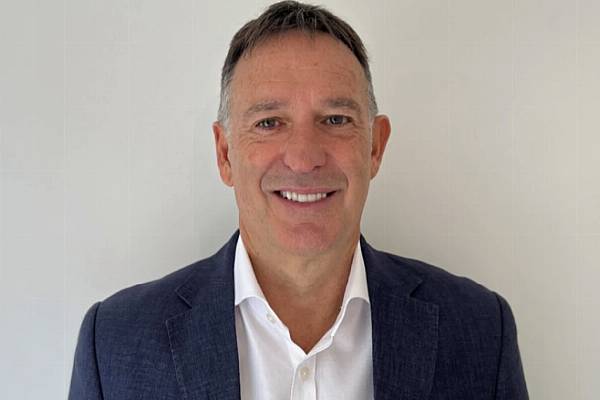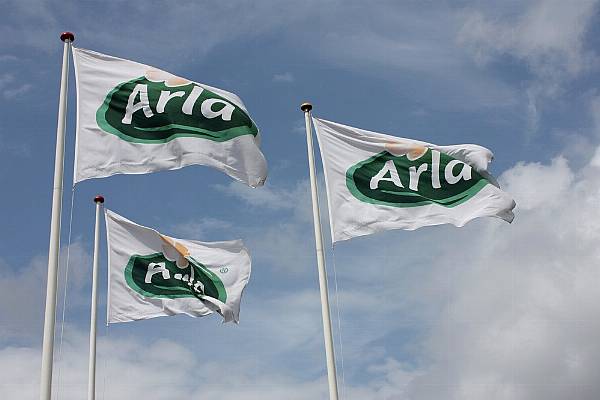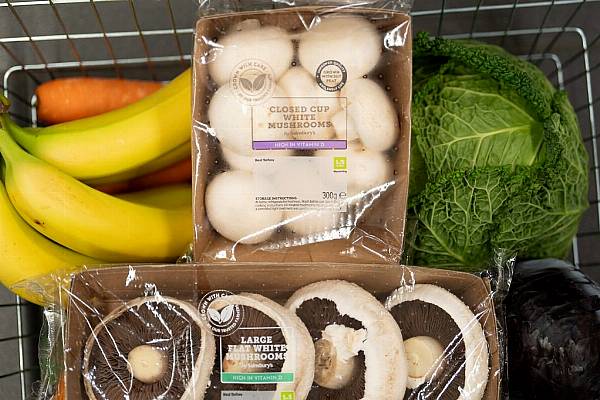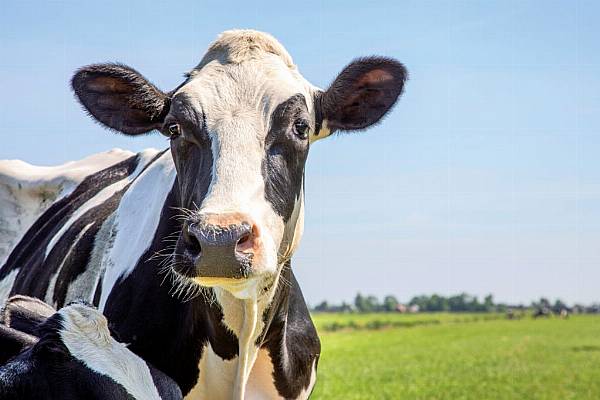During the past year, we have seen significant growth in seafood innovation, including improvements in food security, traceability and sustainability.
In wild fisheries, we have seen more implementation of technical advances (satellite vessel monitoring systems, electronic logbooks) and general procedures in the control of illegal, unreported and unregulated (IUU) fishing.
Some coastal states and their fleets have not only been warned but also penalised, with embargoes on their fishery products for illegal fishing violations. Technology and willingness, coming together, have resulted in practical effectiveness. Regulations and laws with real teeth, such as the European Council’s IUU Regulation (EC) 1005/2008, have demonstrated that where there is a will there is a way – that international law against illegal, unsustainable practices does work, and it works where it hurts: the pocketbook of corporations and governments that do not take environmental and human rights violations seriously.
This year, right now, we are to celebrate the 'Year of Sustainability', as proclaimed by UN Secretary-General Ban Ki-Moon. Others echo this sentiment, proclaiming that this will be a year of hyper-transparency in business and sustainable development. In light of these positive advances, it is now time to also consider what may have been left undone.
Last year’s ugliest responsibility issue has been the human-rights violations taking place in organised supply chains throughout the world. In terms of our seafood industry (and this may be the tip of the iceberg when considering entire food supply chains worldwide), we have seen serious claims of human trafficking, slave labour, forced labour, and abusive working conditions (as reported by The Guardian in relation to Thai shrimp workers and seamen, and The Independent, with respect to UK fishing-fleet violations).
Early on, we learned that in developing our CSR & Sustainability policies at Lumar (we were fishermen before anything else), we would not want to support any vessel, any fleet, any boat owner that mistreats seamen, the crew at sea, the workers on land. And though it sounds cynical, I have heard from many fishermen that sometimes it feels like “some people care more about environmental issues than they do about us people”.
I think I know what they mean – and though not to be taken literally – it is not without some foundation. If we look at most sustainability schemes from a purely technical viewpoint, they will concentrate on the health of stocks, maximum sustainable yields, responsible fishing practices, quotas and licences, but not on how crew are treated onboard or how workers are treated in processing plants. A true sustainability scheme or certification should and must, at some point, address these issues that later come as unpleasant surprises to the general public.
To keep silent on this issue is to validate wrongdoing. Luckily, there are many who have already begun to take the right steps.
Recently, over 40 NGOs, in a well-organised effort, blasted the Thai government’s attempt to utilise prisoners as forced labour in fishing vessels and in the fishing industry. Reasonably, Thailand recanted immediately – that was a poor, miscalculated idea, to say the least. As it concerns our seafood industry, the message from these NGOs was clear.
Major Western retailers are unlikely to want to purchase products sourced or made with prison labour, and can be expected to order their purchasing agents to avoid any products from boats tainted by this prison work programme. Negative publicity may taint the entire fishing industry further, beyond those vessels with prisoners working on board [International Labor Rights Forum, 14 January 2015].
These cases demonstrate that we still have some homework to do. This is the year for it. We have to revise our sourcing policies, improve our audits and expect just a bit more from those from whom we source. Let’s make this the 'Year of Innovative Sustainability', a year to remember in human-rights advances and equality. Let’s make innovation and sustainability more than mere catchwords. Let’s make the human factor an integral part of our responsible sourcing.
Author Alberto Romero is the director of sustainable sourcing at Lumar Seafood International (www.lumarseafood.com).
© 2015 European Supermarket Magazine – your source for the latest retail news.




